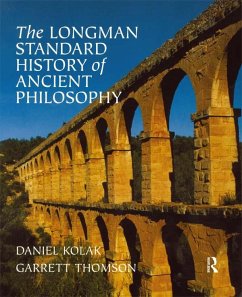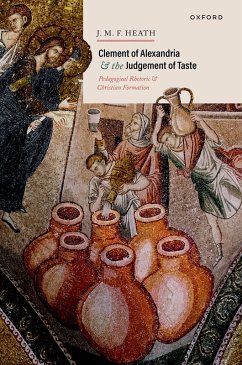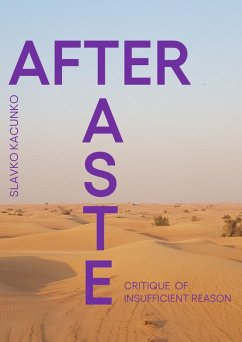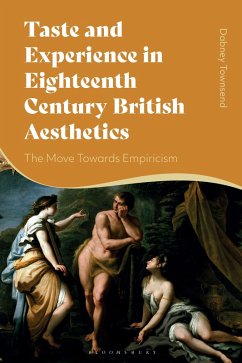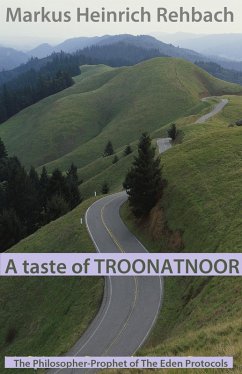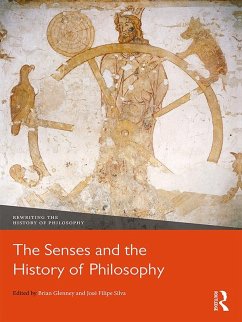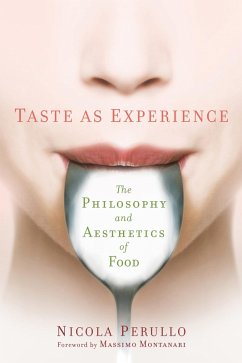
Of the Standard of Taste (eBook, ePUB)

PAYBACK Punkte
0 °P sammeln!
In "Of the Standard of Taste," David Hume explores the intricate relationship between aesthetic judgment and personal sentiment, examining how cultural and contextual factors shape our understanding of beauty and taste. Hume employs an analytical and philosophical style, intertwining personal reflections with rigorous reasoning to propose that while taste may appear subjective, there exist certain universal principles that guide our aesthetic evaluations. The essay emerges from the broader Enlightenment discourse on empiricism, where the interplay of reason and emotion comes to the fore, posit...
In "Of the Standard of Taste," David Hume explores the intricate relationship between aesthetic judgment and personal sentiment, examining how cultural and contextual factors shape our understanding of beauty and taste. Hume employs an analytical and philosophical style, intertwining personal reflections with rigorous reasoning to propose that while taste may appear subjective, there exist certain universal principles that guide our aesthetic evaluations. The essay emerges from the broader Enlightenment discourse on empiricism, where the interplay of reason and emotion comes to the fore, positioning Hume's work as a pivotal contribution to both aesthetics and philosophy. David Hume (1711-1776), the eminent Scottish philosopher, historian, and essayist, is renowned for his profound influence on the development of empiricism and skepticism. Hume's own passionate engagement with literature and the arts, coupled with his keen philosophical inquiry into human nature, profoundly informed this exploration of taste. His experiences navigating the complexities of human emotions and societal norms helped shape his understanding of how aesthetic standards evolve through collective agreement and shared experiences. This incisive essay is essential for anyone interested in the philosophy of art or the psychology of taste. Hume challenges readers to reflect critically on their aesthetic preferences while acknowledging the cultural influences that shape them, making this work a foundational text in both literary theory and aesthetic philosophy.
Dieser Download kann aus rechtlichen Gründen nur mit Rechnungsadresse in A, B, BG, CY, CZ, D, DK, EW, E, FIN, F, GR, H, IRL, I, LT, L, LR, M, NL, PL, P, R, S, SLO, SK ausgeliefert werden.




